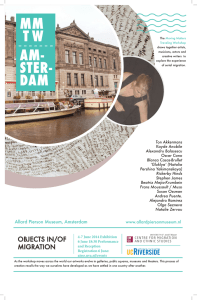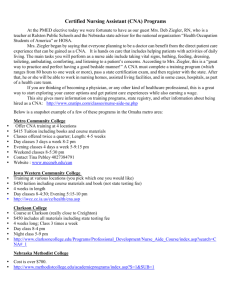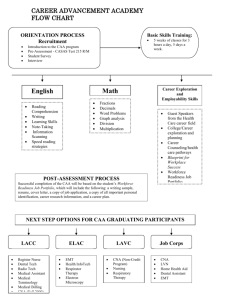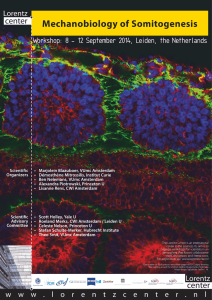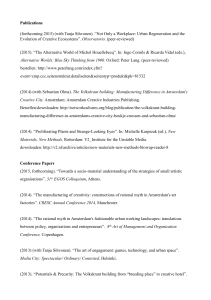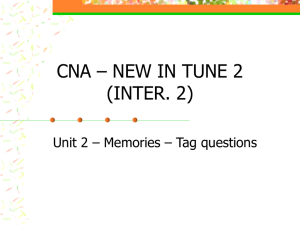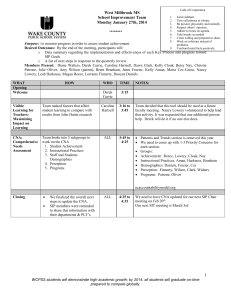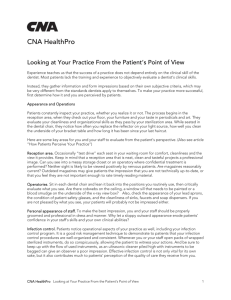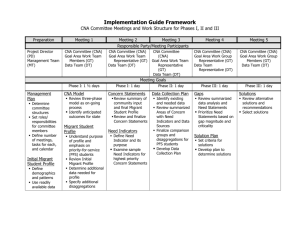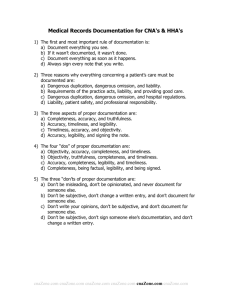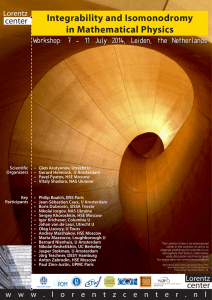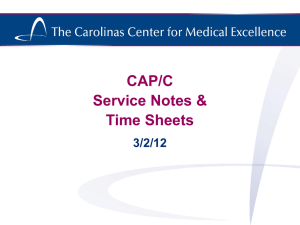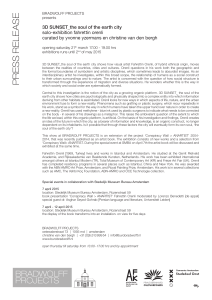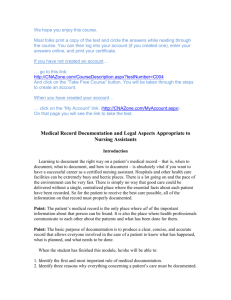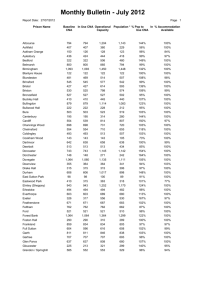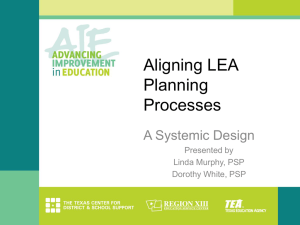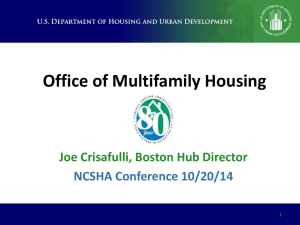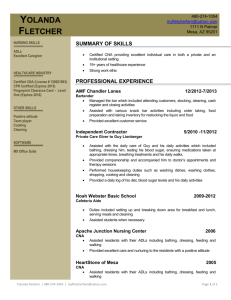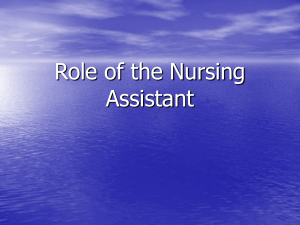All - WSAN Utrecht 2014
advertisement
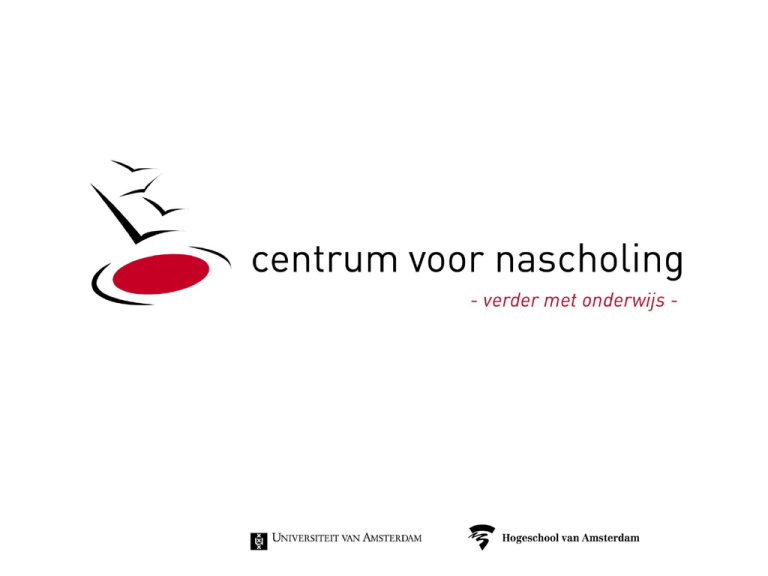
Building trust and governance in a neglected organisation Case study: Amsterdam institute of lifelong learning in education (CNA) A partnership of University of Amsterdam and University of Applied Sciences Amsterdam Agenda • • • • • Development phases What about trust? Exercise Current dilemmas Way ahead The first phase: growth • 1994: first development of “commercial” teacher training activities for vocational schools • 1994: merger of various higher education institutions to University of Applied Sciences Amsterdam The second phase: consolidation • 2001: establishment of CNA VOF: partnership of the departments of education of the University and University of Applied Sciences Amsterdam. • All commercial activities (third-party funded activities) in teacher training: competition by departments not allowed. • Governance: a board with representatives of both departments and the central financial officer. The second phase: profile • Focus on sustainable development of professionals in education and educational institutions • Through training programmes (including MEd degrees) and consultancy • In the disciplines of didactics, coaching, and leadership • In all sectors: primary, secondary, vocational, higher education • In Amsterdam and all of the Netherlands The third phase: neglect in management • • • • • Growth in income, but even more staff was hired Support staff not managed, and not managing Ineffective assessments of teachers/advisers No time recording; no integrality in administration Ineffective financial/project administration The third phase: neglect in governance • 2007: Decision of the Executive Board to transform CNA into a private company under the Holding • 2007: appointment of new director • Meetings of Board discontinued • 2011-2013 Responsibility for CNA within Executive Board transferred three times (rectorUoA-> rectorUAS-> vicepresident –> rector UAS) And: 2013: professional development activities by departments of education subsidised by Ministry The fourth phase: unsuccessful reparation efforts • Consultants hired to draft business plans; interim financial management • Director asked to step aside; team leader promoted to director ad interim, for less than a year • New external interim director removes middle management from positions, has new business plan drafted, Employee Council strongly disagrees, deadlock threatens Impact on business 7000000 6000000 5000000 4000000 turnover 3000000 result 2000000 reserves 1000000 0 2000 -1000000 -2000000 2003 2008 2009 2010 2011 2012 2013 Q1-2 2014 Prognose 2014 A glance at the students in 201214 700 633 600 500 400 300 282 293 271 176 200 64 100 0 PO VO MBO HBO overig HvA UvA And what about trust? Teachers management CNA – (some) clients Management – Executive Board Broken trust Support staff teachers CNA - department of education UAS CNA- department of education UoA Determinants of trust in (financial) institutions • • • • • Competence (knowledge of products and services) Stability (predictability, security) Integrity (honesty) Client orientation (having the client’s interest at heart) Transparence (clarity of information on products and services) • Congruence of values (of client and institution) • Reputation (Van Raaij, 2014) Exercise • With your neighbour.. • Explore how these determinants apply to your university/ the department you belong to. Which are the two most important ones? The fifth phase: rebuilding connections and cohesion within • Personal interviews with all staff members • Decision on organisational structure, agreed with employee council • Recruitment of new management team • Introduction of time recording, agreed with employee council • Motto: stability; integrity The fifth phase: rebuilding connections without • Exploring strategic alliances, competitors • Engaging with departments of education of UoA and UAS • Engaging with Executive Board and administration/staff • Motto: competence, transparency Trust… Current dilemmas • • • • • • Size Quality of administration Time necessary to rebuild all determinants Degree programmes (business, reputation) “Monopoly” on commercial activities Equal conditions – market regulation The way ahead • Executive Board choice: business model – Assessment of resilience of organisation – Alternative models • Scenarios Criterium: trust
